We present the interview with Federico Benítez González, a journalist with extensive experience in television reporting programs.
PhD. Luis Fernando Gutiérrez Cano
Mag. Luis Jorge Orcasitas Pacheco*
In the following interview, the journalist Federico Benítez González refers to some fundamental aspects of the television chronicle. Benítez is a filmmaker of chronicles, reports and documentaries. The renowned communicator affirms that chronicles, reports and documentaries are only the perfect excuse to tell a good story. Benitez prefers difficult roads and in which there are no borders or limits that prevent him from going in search of a story.
Currently, he is a journalist for the program Los Informantes, which is regularly broadcast on the Caracol Channel. He has been the winner of four Simón Bolívar National Journalism Awards. He is a Social Communicator - Journalist and Master in Political and International Studies.
TVyVideo spoke with Federico Benítez to learn more about his work as a reporter, how his investigative method is and how to deal with the issues.
What does it mean to research for television and what are those differences that may exist with other media?
Researching for television, due to the current panorama of the country, is complex and, in addition, because television is competing with the immediacy of networks and with the ability that people have today to make videos with their cell phones. I think it is a mistake for television to enter to compete with the immediacy of social networks. You're always looking at who comes out first and I don't know if you've noticed it, but something comes out on Twitter and the TV responds three hours or the next day.
I think television has to reinvent itself and think more about how it should handle information. Fortunately I have the opportunity with Los Informantes in Canal Caracol, to work three genres such as chronicle, reportage and documentary, these allow me to breathe as a journalist, because although I have to comply with schedules, spaces and recording guidelines, I have more time than the common journalists on television to process information, while a news journalist has to go out in the morning, do it in the room of the Ministry of Defense and from there get five notes for noon or night, that becomes a race against time that makes the communicator not think and also not process.
How has your experience been in that regard?
In my case, I usually have to put out two stories a month, so I have a greater margin of time. Thus, when I record I can ask back, corroborate the information and even more so when I have made documentaries. For example, the case of the documentary In the hands of God, which tells the story of the murderer and serial rapist Luis Alfredo Garavito, better known as La Bestia, as a journalistic researcher of the documentary I spent two years investigating and that allowed me to have so much information that I can tell you with knowledge of the cause what is in the background in the subject of Garavito, because I studied it and it was like a kind of postgraduate degree.
For this reason, the reportage and the documentary are genres that lend themselves to doing research on television and, in addition, unlike the text of the written press and the radio, which leave much to the imagination, in television you can not leave anything to free will, since you have to show reality as it is, and that's where I like to turn on a camera and show that reality at the moment when I'm there, with the caveat that reality changes every day.
Why has Colombian journalism not addressed the conflict more broadly and in a clearer context?
I'm going to be strong, but I think that most journalists have missed leaving the press rooms, the ministries or mayor's offices, because it is easier for them to sit there, drink red wine and wait for a press release to be thrown or be in the day to day waiting for the Police to tell them where something can happen to run out to cover it. Some journalists get carried away from the current, but I believe that journalism must get into deep Colombia.
In my case, for example, I really enjoyed my work in Antioquia because this region has a number of subregions, each with a different culture and conflicts. When I explored that I was happy because I found totally heterogeneous worlds, despite being so close, where illegality maneuvers in the territories, like illegal armed groups, but also the kindness of the paisa.
From that perspective, I believe that the conflict has been told better by people from outside than by the Colombian journalist himself; here come the correspondents of different media from Europe and the United States and go to deep Colombia, and tell those stories, but the Colombian journalist practically does not do it. There is another thing that is worth rescuing and that is the budget, because those remote areas of the country cost a lot of money to move and the international media have the money to pay high budgets. It is clear that the budget in our channels is still very limited, and we must bear in mind that television increasingly reduces the budget due to the fight it has with digital.
On the other hand, it is also happening that society is overinformed, that something happens and the next day it is forgotten, society is not processing the underlying problems because the next day there is a scandal and they stick to that to opine in networks, and the next is another and they come back and give their opinion. I think we have more field who go slow and process and think a little more about the information
 What is the time management that can be given to the three genres with which you work?
What is the time management that can be given to the three genres with which you work?
I believe that Colombian society is not yet ready to sit down and watch documentaries on free-to-air television; if you want to watch a documentary, you look for it on Netflix or YouTube. It's a very selective audience. When a documentary is made, it is not attractive to advertising agencies in Colombia.
In the chronicle and in the reportage, the chronicle has a chronological follow-up that hooks more on television because you are telling the viewer: something is going to happen. The chronicle can be told with a character while you follow that character and you can play with the times, return to the story and go to the beginning or start at the end. These elements are given to you by the chronicle and it is more agile for the television format.
The report itself is more specialized because it needs more voices and more analysis. The report has been making its way in the country, but one of the problems is that the channels do not have a clear focus, every time they point to a prime time for news or novels, then this becomes a splash that does not generate identity in viewers. This way of programming worked 20 years ago, but today channels must specialize to establish their niche and be attractive.
It should be noted that, today the competition is with channels that YouTube, which make reports and chronicles with a phone; in this sense, we must change the production times a little. In the same way, the elaboration of the documentary demands a lot of time, the ideal for that is at least one year, because it requires a lot of research. The chronicle, on the other hand, can be recorded in a single day. Personally, I have chronicled in one day, this year, for example, I did the 8-hour shift of a doctor in an ICU at the peak of the pandemic and I narrate those 8 hours. Finally, the report is more elaborate because you must consult several sources.
How does a topic come up, and what is the method you follow to reach the audience and what strategies do you use?
As I work on so many issues of illegality, many people ask me: "How do you contact them?" There are two basic things I do; first, respect for people regardless of what they do, treating others with respect opens many doors and; second, I don't marry sources, I abhor the word "sources", because they make the journalist lazy. What I look for are stories, when I want to tell a story I begin to intertwine and look for who leads me to that story. In the case of groups outside the law, the armed groups are in areas where the civilian population lives, they live with the armed groups, what do I do?, I get the number of the communal action and I begin to send reasons. With the EPL I took two years and it was not to call daily, but every so often I told them: "come, remember that I want to go tell the reality from there, not to be told from here", and so I began to create a bond and build relationships and talk with respect to people.
What has been the issue that has involved a more complicated investigation and that you have faced at some point?
I think Garavito. This was very difficult because not only did we have to convince a serial killer to speak, but also we had to convince the state bureaucracy to allow us to interview him because finally the documentary was not to clean him up or justify his actions, the documentary was to demonstrate the capacity for manipulation that a serial killer had that was so great that he was manipulating even justice. At that time he was about to be released again, so it was a wear and tear with the Prosecutor's Office, with INPEC, etc. Imagine that we took two years and had to beg and beg to be allowed to be let do our job. But in the end we succeeded: Garavito is still imprisoned.
How was your experience in the regional channel Teleantioquia?
I value very much my time at Teleantioquia, in that channel they gave me the reins of a project that was very loved: Por las buenas, which was directed by Luis Alirio Calle, an eminence of journalism that I admire and love very much. Public television taught me to be more recursive and ambitious. I think that time of Teleantioquia was very beautiful because we won many awards and had few resources.
What does the thirteen journalism awards you have won mean?
They have not been only mine, it has been one of the channels in which I have worked. I think all the processes have been very beautiful, I feel that I have not done extraordinary things, but I just want to do things well, with desire and that is what has given the results I have today in my career.
From my point of view, one enjoys the prize the day they give it to them and already, because one does not do journalism to win awards, but they are the result of wanting to put myself in the shoes of others, to understand why things happen.
From that perspective, it is important to start showing from the micro to the macro, with the sensitivity that the characters who are in the area have, putting ourselves in their place to understand a certain problem. We did the same with another award we won with the issue of migrants. Today on the subject of Necoclí they will say that there are nineteen thousand; these are figures, but if you take a Haitian and cross the Darien, as we did with a couple, and show how the lady fainted going up, you can show the real problem with which many people are going to identify then that situation has given value to the programs that we have made and have awarded.
How do you combine these genres with digital?
Journalism has to be "de-digitized" to get back to basics and be able to talk face-to-face with people; many times I tell students, technology helps, but I do not like to ask for interviews on WhatsApp, I invite them to take the trouble to sit down to have a coffee with the interviewee, to open the panorama. It must be said that technology is closing our heads and we are losing the ability to talk to people.
According to the above, journalism is not only talking but also "sniffing" your environment, observing and understanding it. But what are we going to learn if we are through a screen throwing a cart and people talk like a robot? Inside they are engrossed by the large number of distractors that are around us. In that scenario, I am very guided by Ryszard Kapuściński's ways of telling; when I read it I said "I want to be like him", a character who walked and sat in bars and talked to people.
It seems to me that this street journalism is the one that must be rescued because it is what allows us to understand the problems of society. I think a lot of journalists fail because they prepare a lot in order to defeat their interviewee and make it a matter of ego, I understood that people tell stories better when you sit down to talk to them. One reads and informs oneself about them, but without the end of going to "finish" them, I only ask the simple questions that any ordinary citizen would ask him about what is life like here? What are you doing here?
My work is more like a gossipy lady than an enlightened scholar who wants to make the other see that he is above him intellectually, it is what you see a lot in journalism where I think there is a mistake. The gap between the reality of the country and journalism is so great that it has cost it its credibility.
Where is investigative journalism?
Journalism is in a process of transition, where I applaud that there are alternative media, what we have to do now is that we raise the quality a little. Before we asked for there to be more variety of media, today there is, now what we need is to understand how we lower costs to do good journalism or how we get a good budget.
In the regions I see journalism of "stomach" because in the municipalities the Mayor's Office is the only entity that buys guideline. This becomes a problem because it cannot speak ill of public servants because if it does they cut the only guideline and that's as far as the newspaper goes.
In short, the media today can do independent journalism now it is necessary how to finance it so that the journalist can live worthily from his work without having to be behind a politician begging for a guideline.
What invitation do you make to students in training as journalists?
When choosing the profession of journalism you need to make a difference by getting out of the pile, without having laziness to ask, inquire, talk to people and do not get carried away so much by immediacy, process information better. Going through college is to be a thinking and deductive being. Immediacy today is leading us to misinform, as happened, for example, in the national strike. Journalism has a very wide field of action, we have to take hold of it and take the reins again.
*PhD. Luis Fernando Gutiérrez Cano y Mag. Luis Jorge Orcasitas Pacheco, are professors of the Pontifical Bolivarian University headquarters Medellín, in the undergraduate of social communication. In this edition they have the support of the students Valentina Aramburo, Manuela Quirama, Erick Lugo and Felipe Mejía.


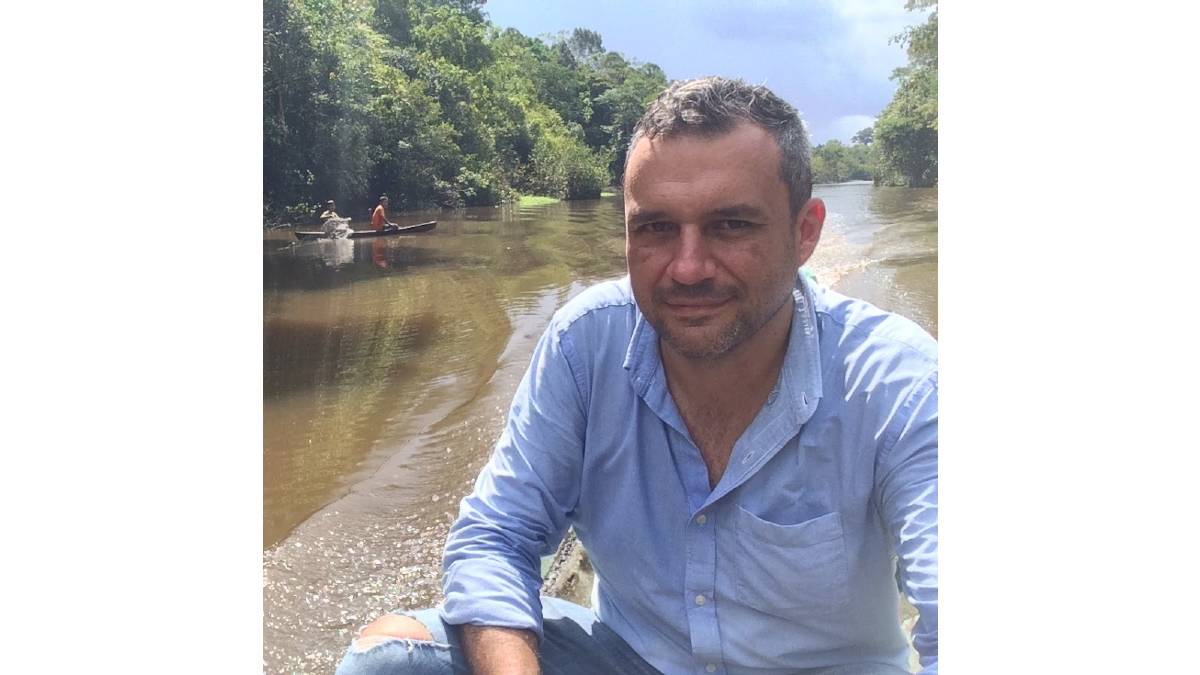

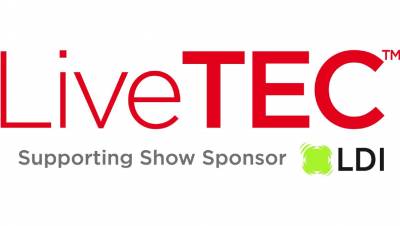

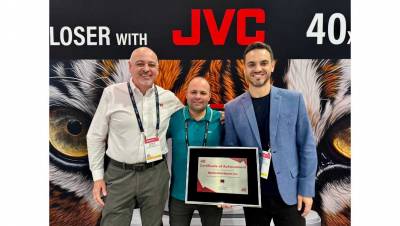





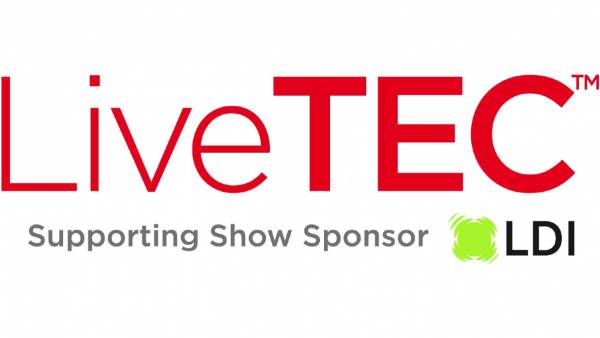
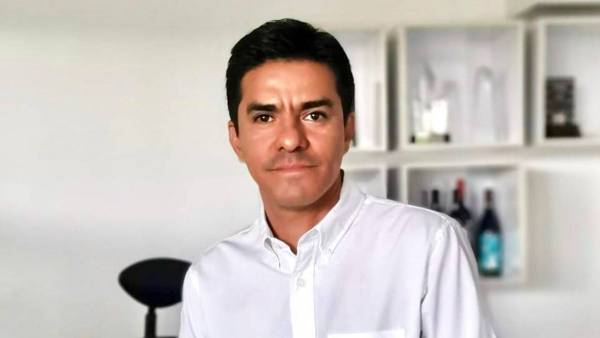

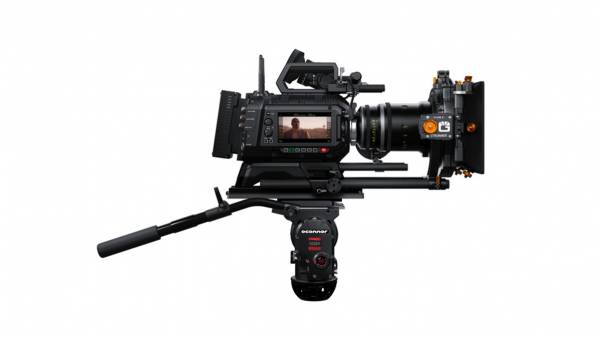









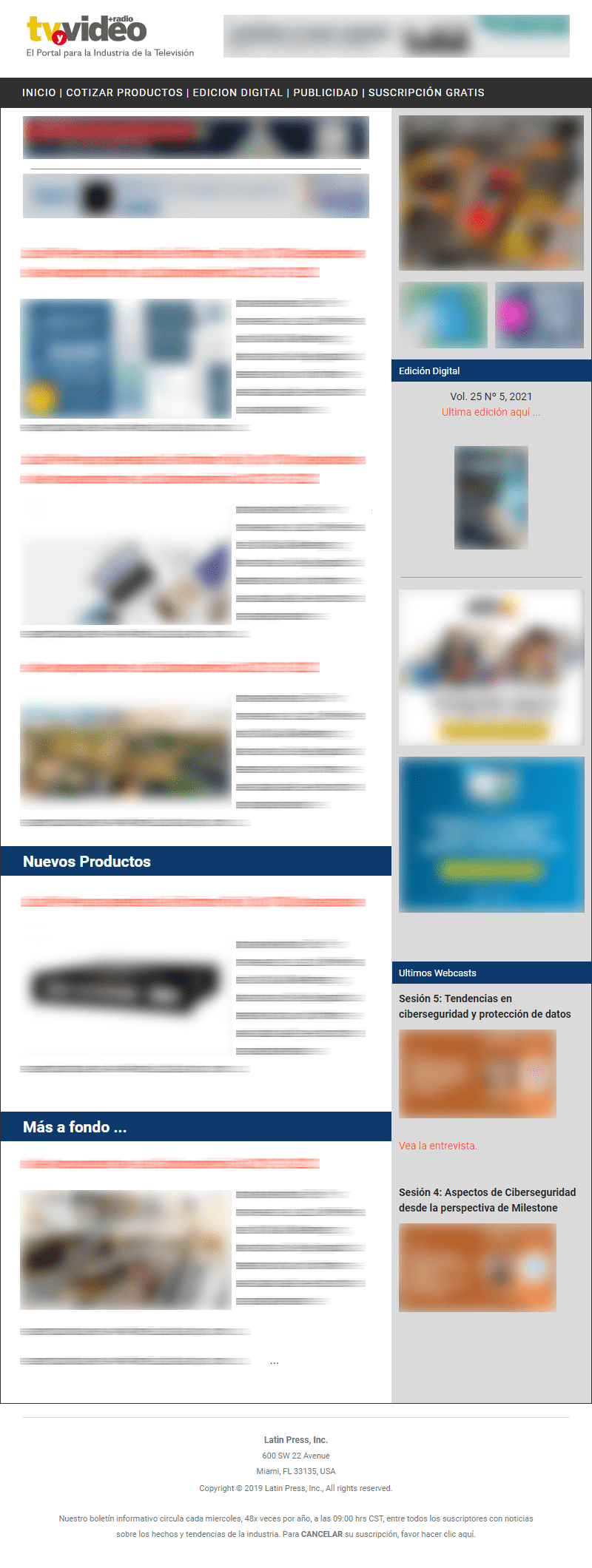
Leave your comment